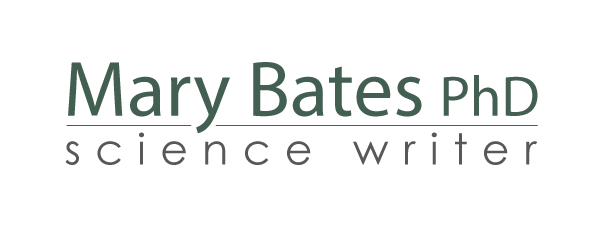Acoustic Levitation is No Magic Trick
[youtube]youtube=http://www.youtube.com/watch?v=669AcEBpdsY&feature=youtu.be[/youtube]At Argonne National Laboratory, scientists are using sound to levitate individual droplets of solutions containing different pharmaceuticals.The technology was originally developed by NASA to simulate microgravity conditions. But the experiments at Argonne are showing a promising new application: developing more effective drugs.Most pharmaceuticals come in one of two molecular structures, amorphous or crystalline. Amorphous drugs, due to their high solubility and high bioavailability, tend to be taken up by the body more efficiently than crystalline drugs. This means that a lower dose of an amorphous drug can produce the desired therapeutic effect. However, most drugs on the market are of the inefficient crystalline variety.Inducing pharmaceuticals from solution into an amorphous state is tricky business. If the solution evaporates while it is in contact with any part of the vessel containing it, it will most likely solidify in its crystalline form. So how do you evaporate a liquid solution without it touching anything? With an acoustic levitator.An article at the Argonne National Laboratory website explains:The acoustic levitator uses two small speakers to generate sound waves at frequencies slightly above the audible range – roughly 22 kilohertz. When the top and bottom speakers are precisely aligned, they create two sets of sound waves that perfectly interfere with each other, setting up a phenomenon known as a standing wave.At certain points along a standing wave, known as nodes, there is no net transfer of energy at all. Because the acoustic pressure from the sound waves is sufficient to cancel the effect of gravity, light objects are able to levitate when placed at the nodes.Although only small quantities of a drug can currently be “amorphized” using this technique, it remains a powerful analytical tool for understanding the conditions that make for the best amorphous preparation.Watch the video. Science is awesome.
